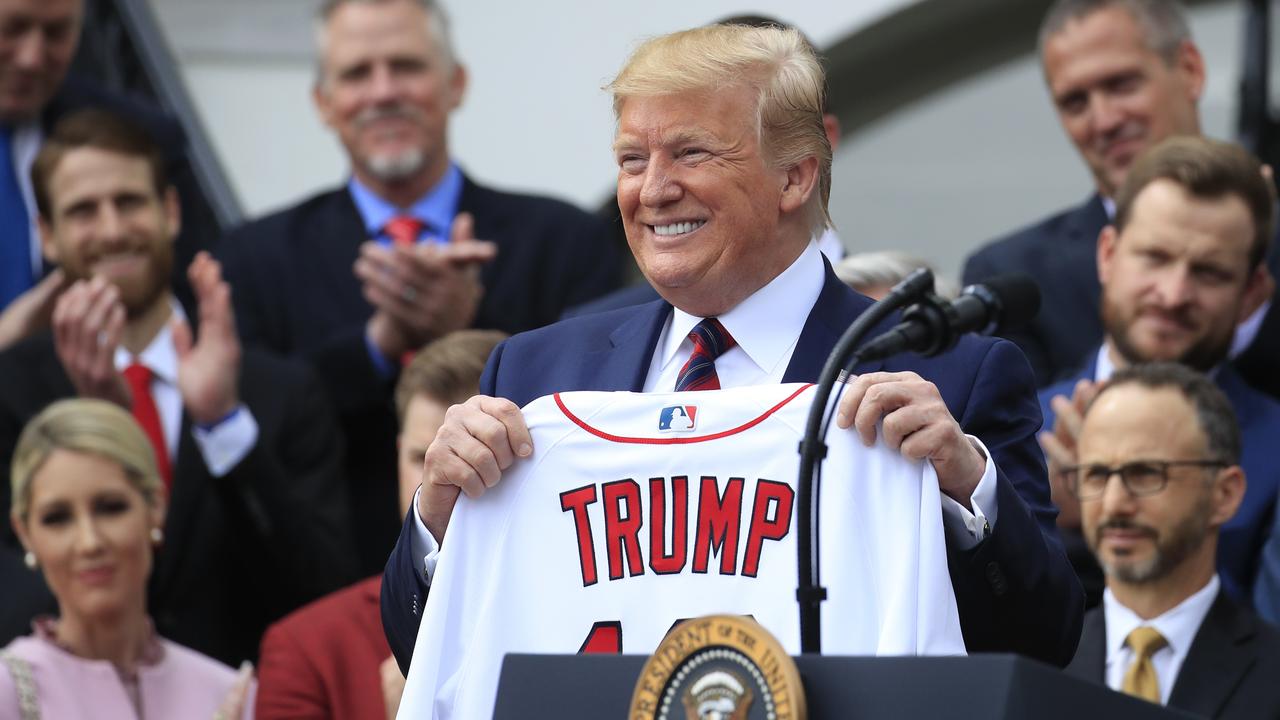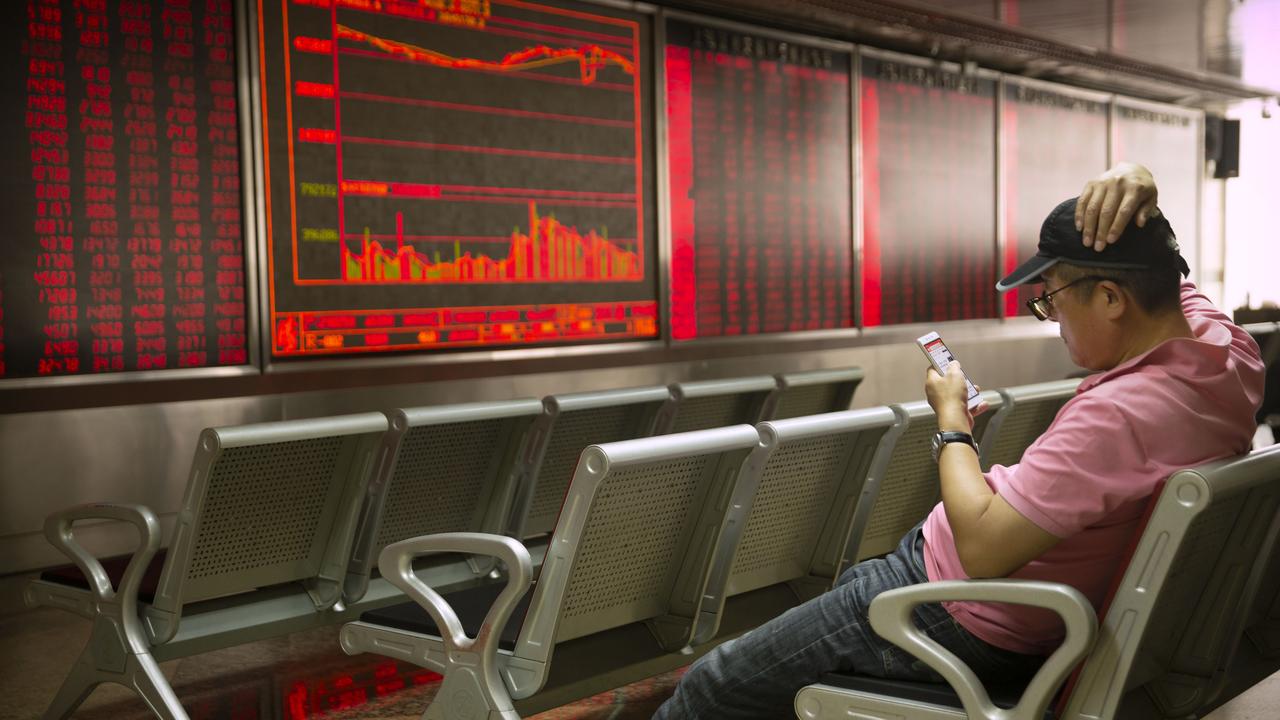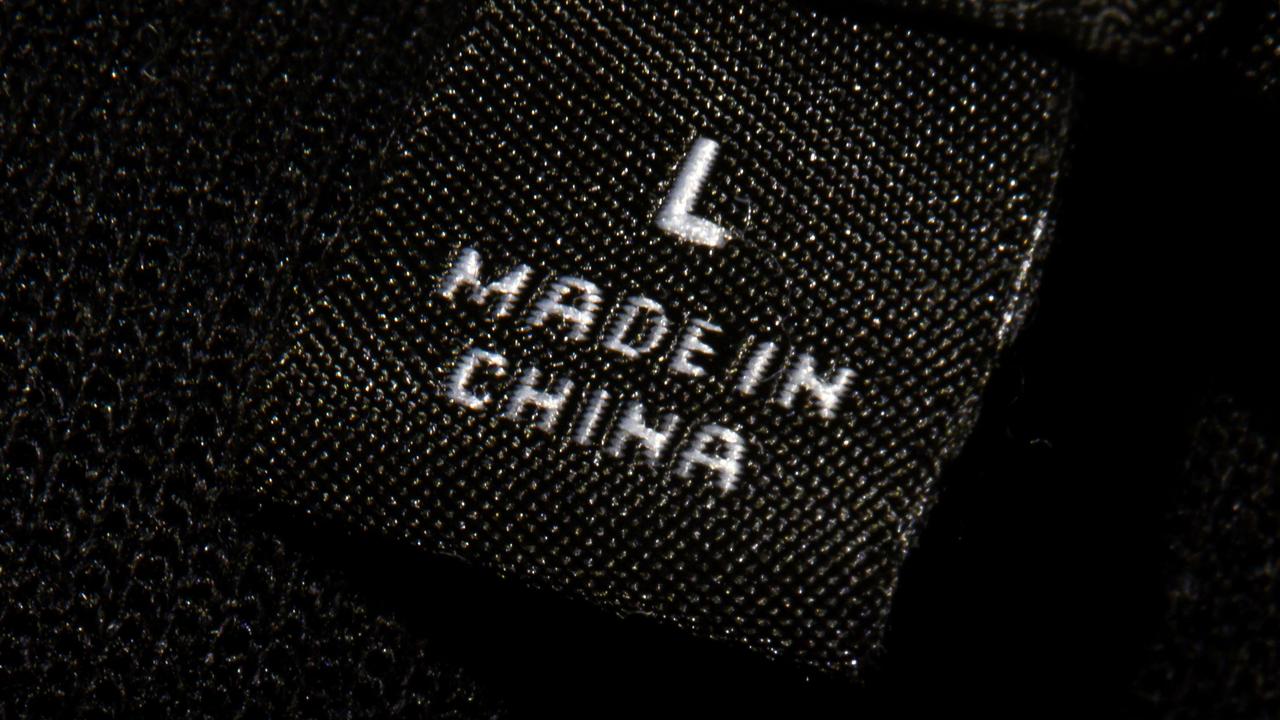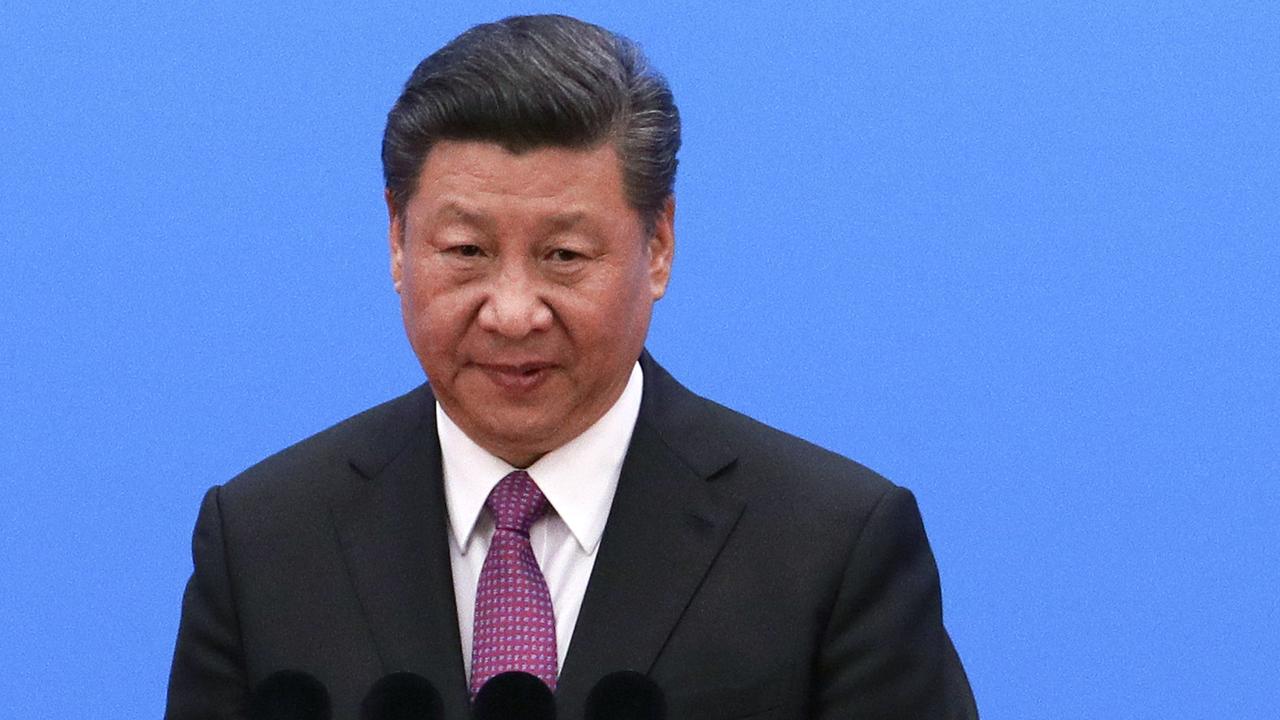China ‘deeply regrets’ retaliation against Trump’s $285 billion Chinese tariff hike
China’s leader has issued a stern warning to the United States after President Donald Trump’s $285 billion Chinese tariff

In the wake of President Donald Trump’s tariff increase, officials in Beijing have promptly vowed to retaliate.
In a major escalation of the year-old trade conflict that has shaken global stock markets and increased costs for consumers, China’s Commerce Ministry said in a statement: “China deeply regrets that it will have to take necessary countermeasures.”
No specifics were given on what those measures would be.
In its statement, the ministry also said that “escalating the trade conflict is not in the interest of the people in both countries and the world. China deeply regrets the move.”
RELATED: US-China talks stop, US raises tariffs

President Trump’s tariff increase to 25 per cent on $US200 billion ($A285 billion) worth of Chinese goods have taken effect, raising tensions between the US and China as they pursue last-ditch talks to try to salvage a trade deal.
With no action from the Trump administration to reverse the increase, US Customs and Border Protection imposed the new 25 per cent duty on affected US-bound cargoes leaving China after 12:01am US Eastern Time (2pm AEST) on Friday.
Goods in the more than 5700 affected product categories that left Chinese ports and airports before midnight EDT will be subject to the original 10 per cent duty rate, a CBP spokeswoman said.
The grace period was not applied to three previous rounds of tariffs imposed last year on Chinese goods, which had much longer notice periods of at least three weeks before the duties took effect.


Trump gave US importers less than five days notice about his decision to increase the rate on the $US200 billion category of goods to 25 per cent, which now matches the rate on a prior $US50 billion category of Chinese machinery and technology goods.
The hike comes in the midst of two days of talks between top US and Chinese negotiators to try to rescuing a faltering deal aimed at ending end a 10-month trade war between the world’s two largest economies.
The biggest Chinese import sector affected by the rate hike is a $US20 billion-plus category of internet modems, routers and other data transmission devices, followed by about $US12 billion worth of printed circuit boards used in a vast array of US-made products.
Furniture, lighting products, auto parts, vacuum cleaners and building materials are also high on the list of products subject to the higher duties.

Gary Shapiro, chief executive of the Consumer Technology Association said the tariffs would be paid by American consumers and businesses, not China, as Trump has claimed.
“Our industry supports more than 18 million US jobs — but raising tariffs will be disastrous,” Shapiro said in a statement.
“The tariffs already in place have cost the American technology sector about $1 billion more a month since October. That can be life or death for small businesses and start-ups that can’t absorb the added costs.”
Economists and industry consultants have said it may take three or four months for American shoppers to feel the pinch from the tariff hike but retailers will have little choice but to raise prices on a wide range of goods to cover the rising cost of imports before too long, according to economists and industry consultants.
Tariffs will make our Country MUCH STRONGER, not weaker. Just sit back and watch! In the meantime, China should not renegotiate deals with the U.S. at the last minute. This is not the Obama Administration, or the Administration of Sleepy Joe, who let China get away with “murder!â€
— Donald J. Trump (@realDonaldTrump) May 10, 2019
As social media caught wind of the tariff increase, US President Donald Trump took to his own social channels to justify the move and reassure the populace.
Minutes after the US tariff increase was announced, the Chinese commerce ministry released its statement, warning of “necessary countermeasures” without elaborating.
“We hope the US and the Chinese side can meet each other halfway and work hard together to resolve existing problems through co-operation and consultation,” the Chinese commerce ministry said in a statement.
Chinese Vice Premier Liu He said tariffs would be “harmful to both sides,” and called instead for co-operation.
“I hope to engage in rational and candid exchanges with the US side,” he told Chinese state media.
“Of course, China believes raising tariffs in the current situation is not a solution to the problem, but harmful to China, to the United States and to the whole world.”
-with AFP copy



